Investing in a Data Platform Team – is a significant ROI to be gained?
15 March 2023 | Noor Khan
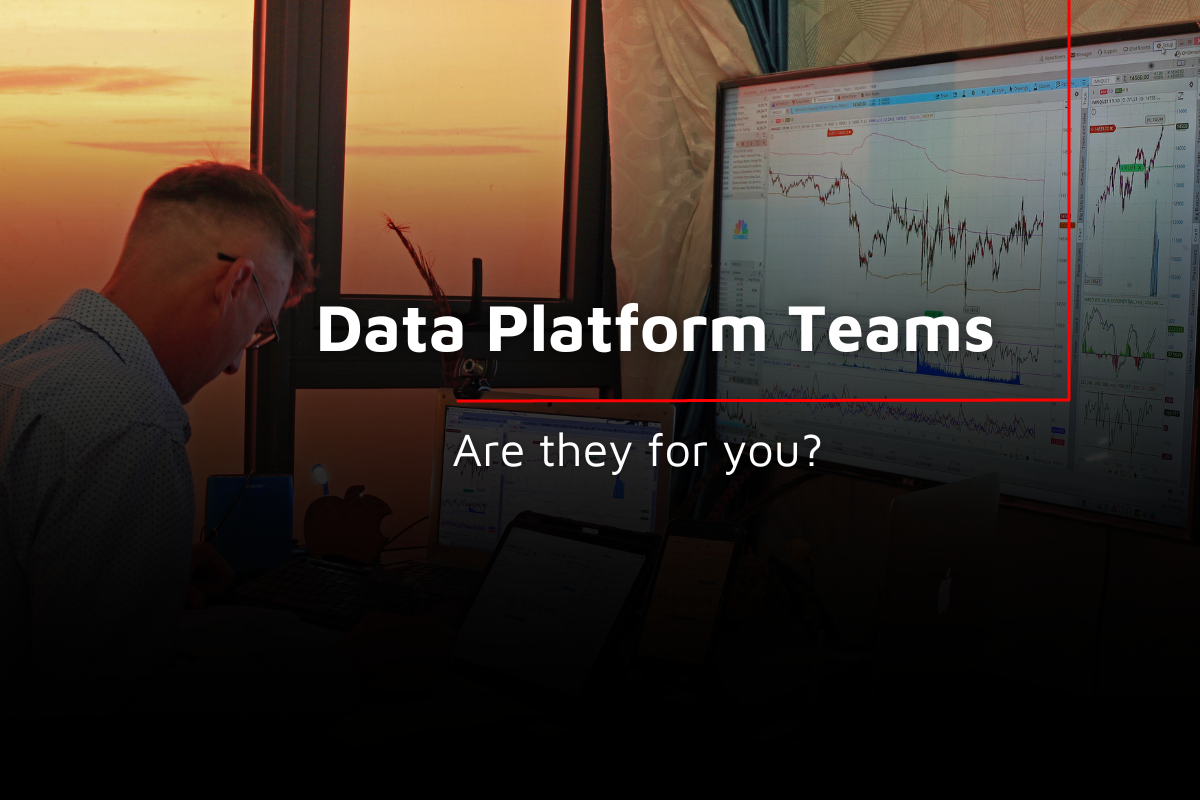
In this article, we will look at what a data platform team is, their key responsibilities and whether are they worth investing in for your business.
What is a data platform team?
A data platform team is a subdivision of a larger data engineering team within an organisation. The data platform teams focus their efforts on the development and operation of data infrastructure, ensuring continuous data availability and uptime. Their responsibilities are spread across the development, operation and site reliability teams.
The core component a data platform team will be working with include data pipelines, data sources, data warehouses, data security and new technologies.
The key responsibilities
Each data platform team will vary depending on the data they work with, the type of organisation they work for, how they fit within the larger team and much more. However, some of the typical responsibilities include the following:
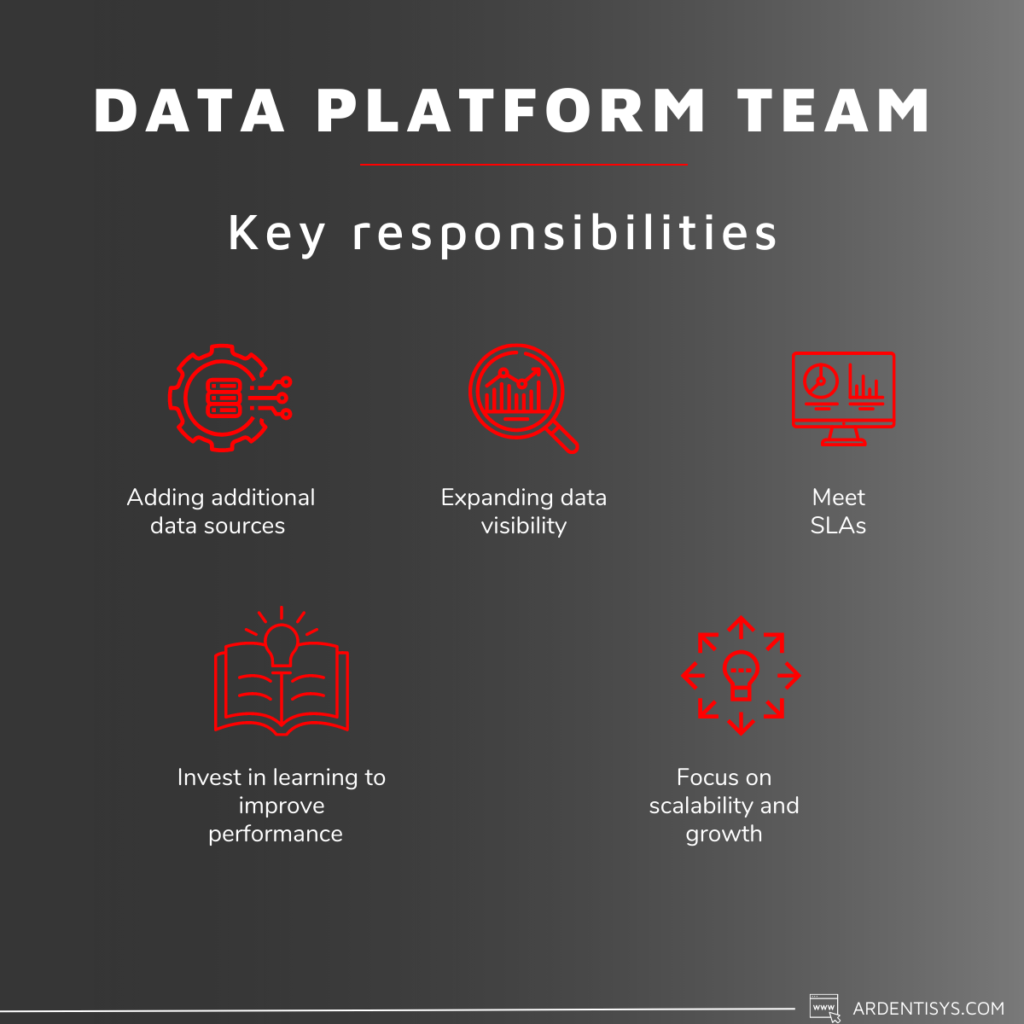
- Adding additional data sources to the ETL process to expand areas of data visibility and provide data integration.
- Ensure that established and defined SLAs are met and the processes are running within the thresholds established.
- Explore and discover ways to optimise and improve the processes with a focus on scalability and growth to meet expanding data needs.
- Invest time in continuous improvement by exploring the latest technologies on the market to further drive performance, reduce costs and improve efficiencies.
Data pipeline management
The core focus of a data platform team will be on ensuring data pipelines are running smoothly, collecting data from multiple disparate sources and loading it into a designated data infrastructure, be it a data warehouse or a data lake. There are multiple factors involved in ensuring the ‘smoothness’ of the process and they include:
- Ensuring scalability – whether that is optimising existing processes or finding better and alternative technologies. For example, we have made the recommendation of switching from Amazon Redshift to Databricks to improve data turnaround and ensure scalability.
- Efficient error reporting – Leverage the right tools and technologies such as PagerDuty for efficient error reporting.
- Swift error resolution – Having a run book with guidelines on dealing with errors swiftly.
- Reduced latency – to improve data turnaround, especially as there is a growing requirement for real-time data availability.
The benefits of a data platform team?
There are multiple benefits of a data platform team and they include:
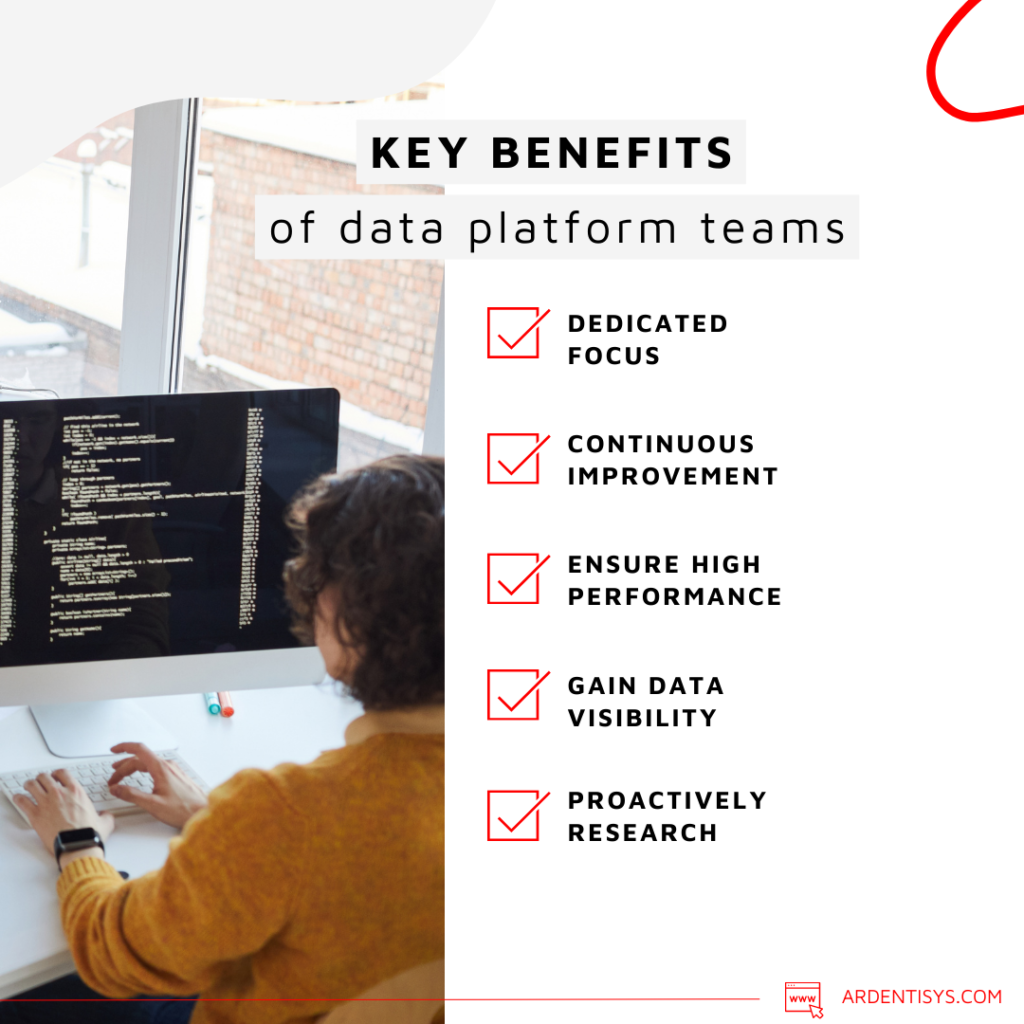
- Dedicated focus on data platforms
- Continuous improvement, evolution and optimisation of processes
- Ensure ongoing performance to avoid data delays and gaps
- Gaining visibility of errors with reporting and resolution
- A proactive approach to researching new tools and technologies
Is a data platform team right for you?
If you are working with large sets of complex data, then a dedicated data platform team may be the ideal choice for you. Hiring and recruiting highly skilled data engineers can be time and resource-heavy, especially in the current climate of skills shortage, therefore you may opt to work with the data engineering team on a managed services basis. This will remove the need for sourcing, hiring and retaining talent.
Data Platform Teams offer invaluable benefits and ensure your data is as efficient and optimised as it can be. Depending on the data at hand, rich insights can boost growth, provide a competitive edge and help organisations better understand their customers. With that in mind, investing in a data platform team will more than likely provide a significant ROI.
Ardent data platform team
We work with many clients on an ongoing basis to provide data engineering teams as managed services. Our teams can either come on board and manage your entire data infrastructure or can work cohesively, as part of your existing data engineering team to provide additional assistance and expertise. Explore how we are doing this for our clients and how they are succeeding.
- Ensure timely data availability for real-time, mission critical data for a global company monetizing their broadcasting data
- Improving data turnaround by 80% with Databricks for a Fortune 500 company that has been entertaining audiences for over two decades
Explore our operational monitoring and support services or unlock the potential of your data by getting in touch today.
Ardent Insights
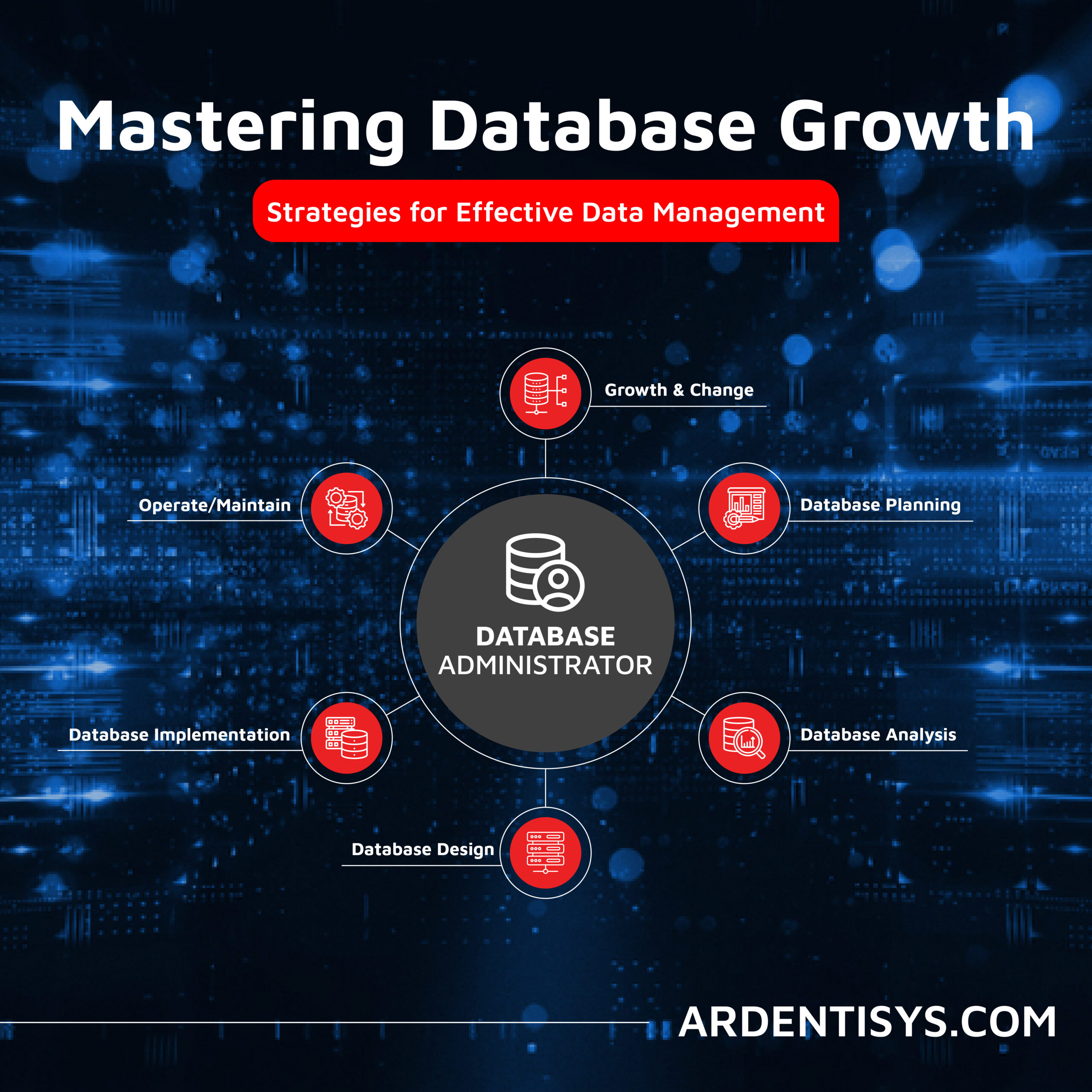
Overcoming Data Administration Challenges and Strategies for Effective Data Management
Businesses face significant challenges to continuously manage and optimise their databases, extract valuable information from them, and then to share and report the insights gained from ongoing analysis of the data. As data continues to grow exponentially, they must address key issues to unlock the full potential of their data asset across the whole business. [...]
Read More... from Investing in a Data Platform Team – is a significant ROI to be gained?
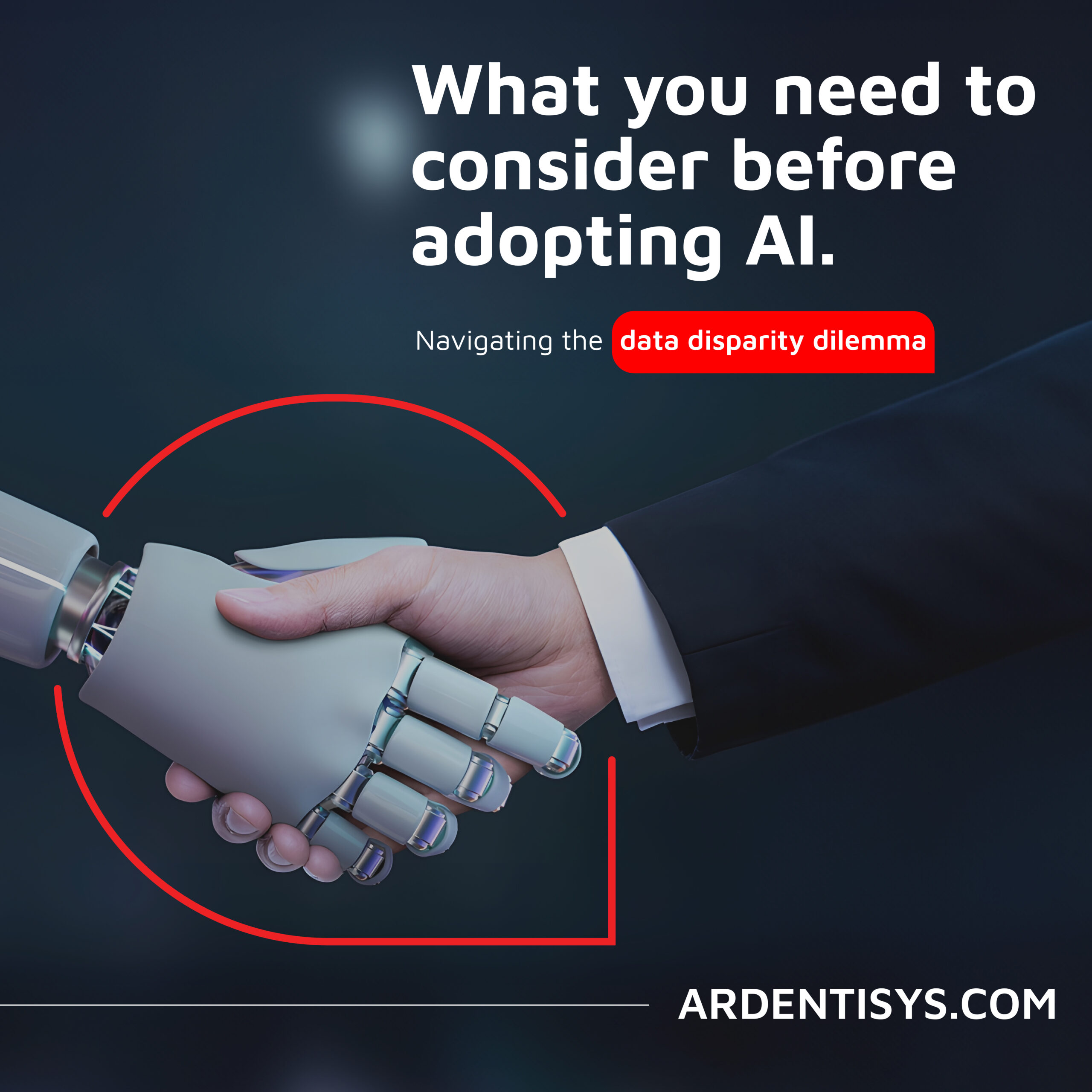
Are you considering AI adoption? We summarise our learnings, do’s and don’ts from our engagements with leading clients.
How Ardent can help you prepare your data for AI success Data is at the core of any business striving to adopt AI. It has become the lifeblood of enterprises, powering insights and innovations that drive better decision making and competitive advantages. As the amount of data generated proliferates across many sectors, the allure of [...]
Read More... from Investing in a Data Platform Team – is a significant ROI to be gained?
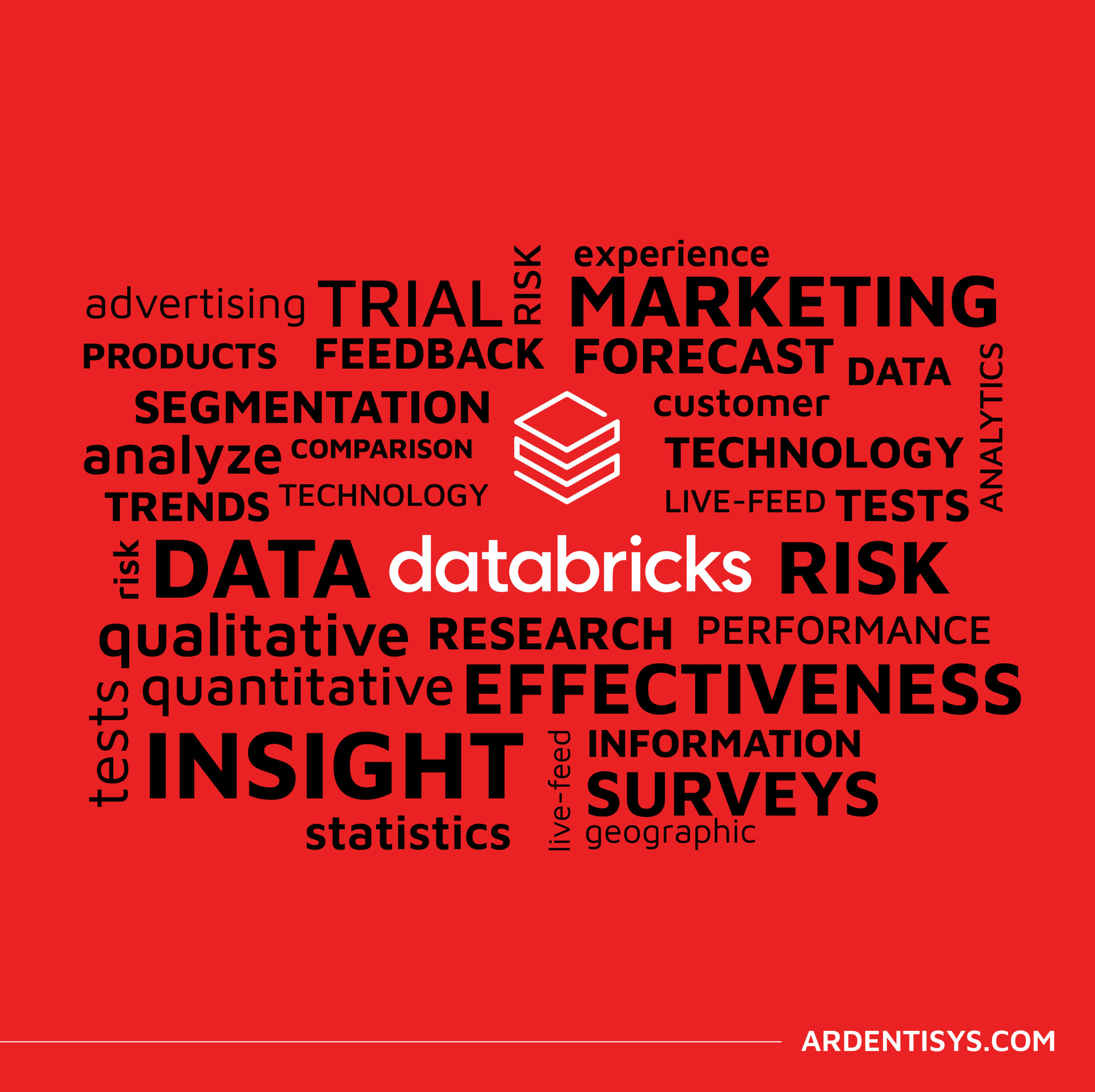
Why the Market Research sector is taking note of Databricks Data Lakehouse.
Overcoming Market Research Challenges For Market Research agencies, Organisations and Brands exploring insights across markets and customers, the traditional research model of bidding for a blend of large-scale qualitative and quantitative data collection processes is losing appeal to a more value-driven, granular, real-time targeted approach to understanding consumer behaviour, more regular insights engagement and more [...]
Read More... from Investing in a Data Platform Team – is a significant ROI to be gained?






